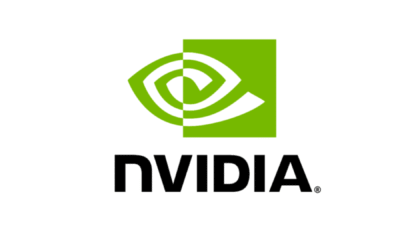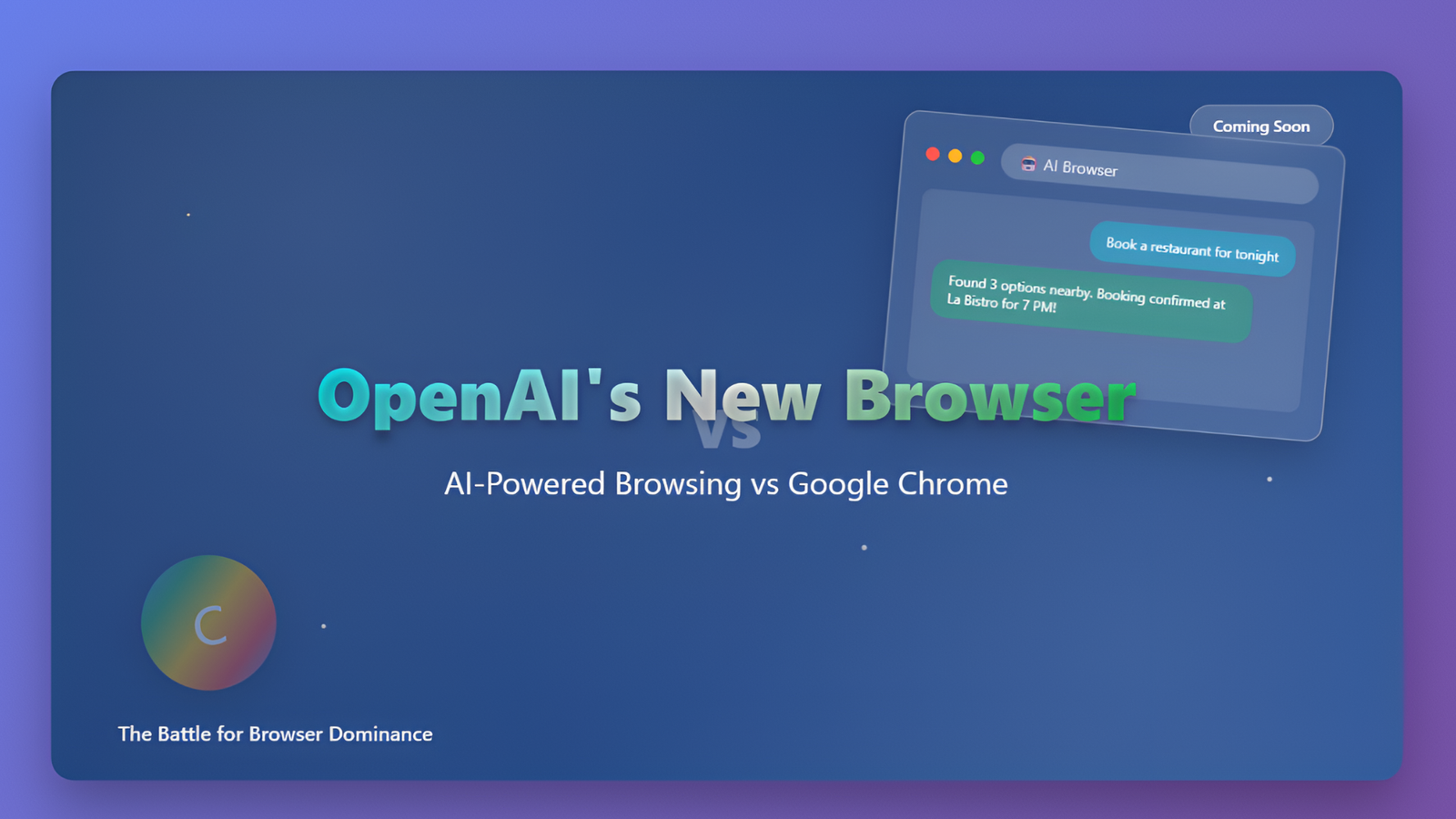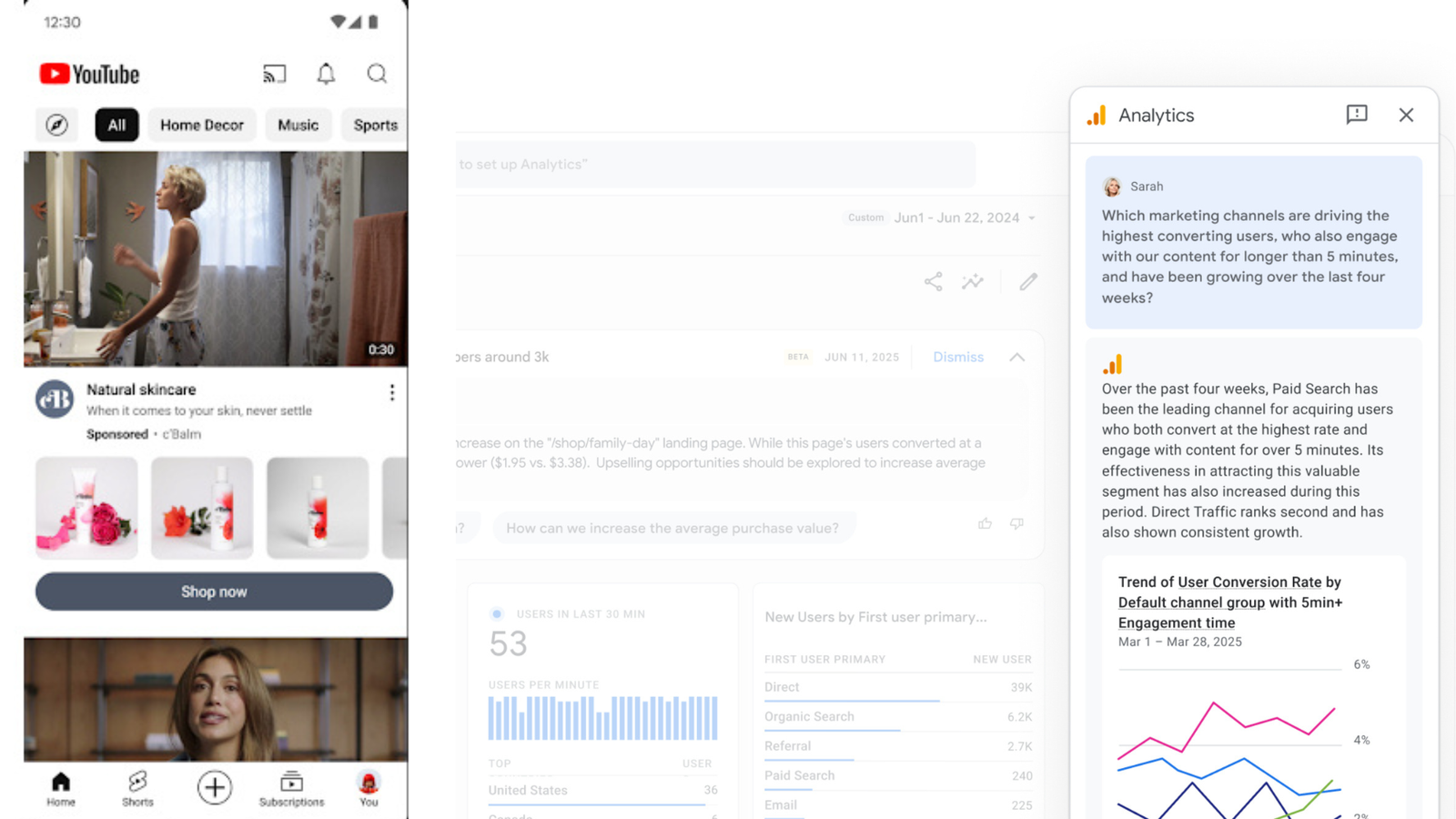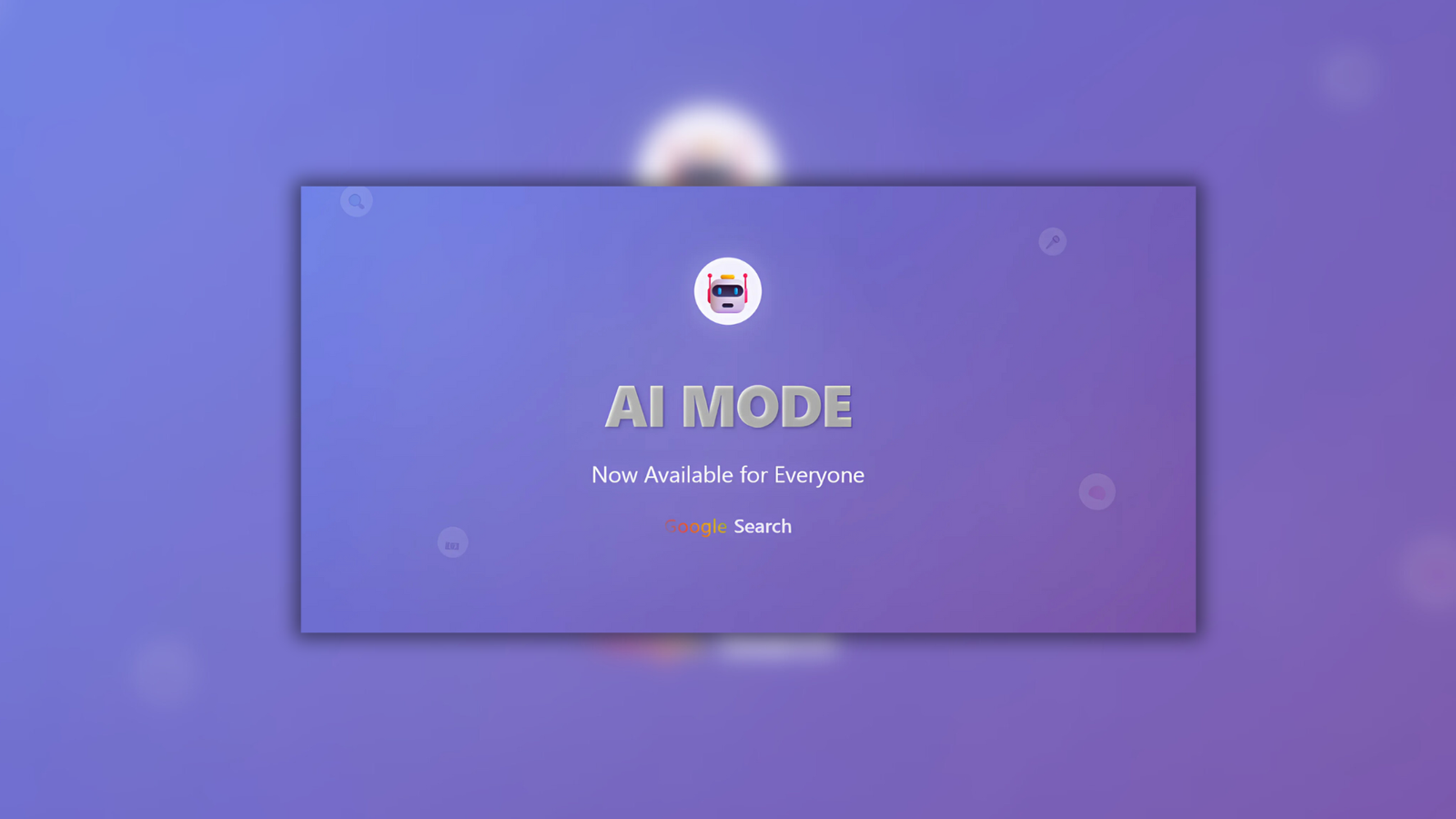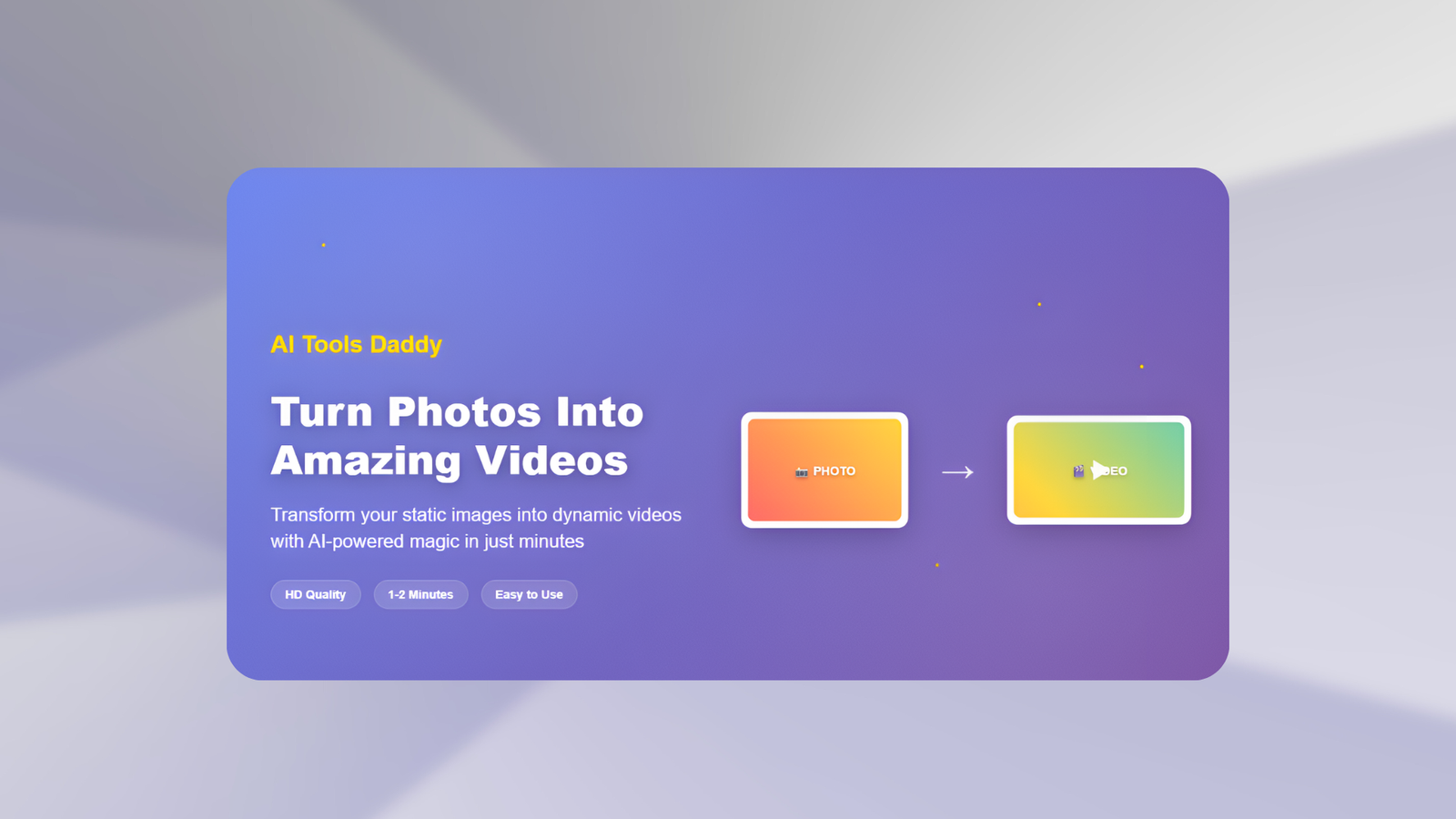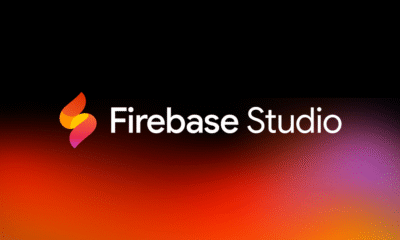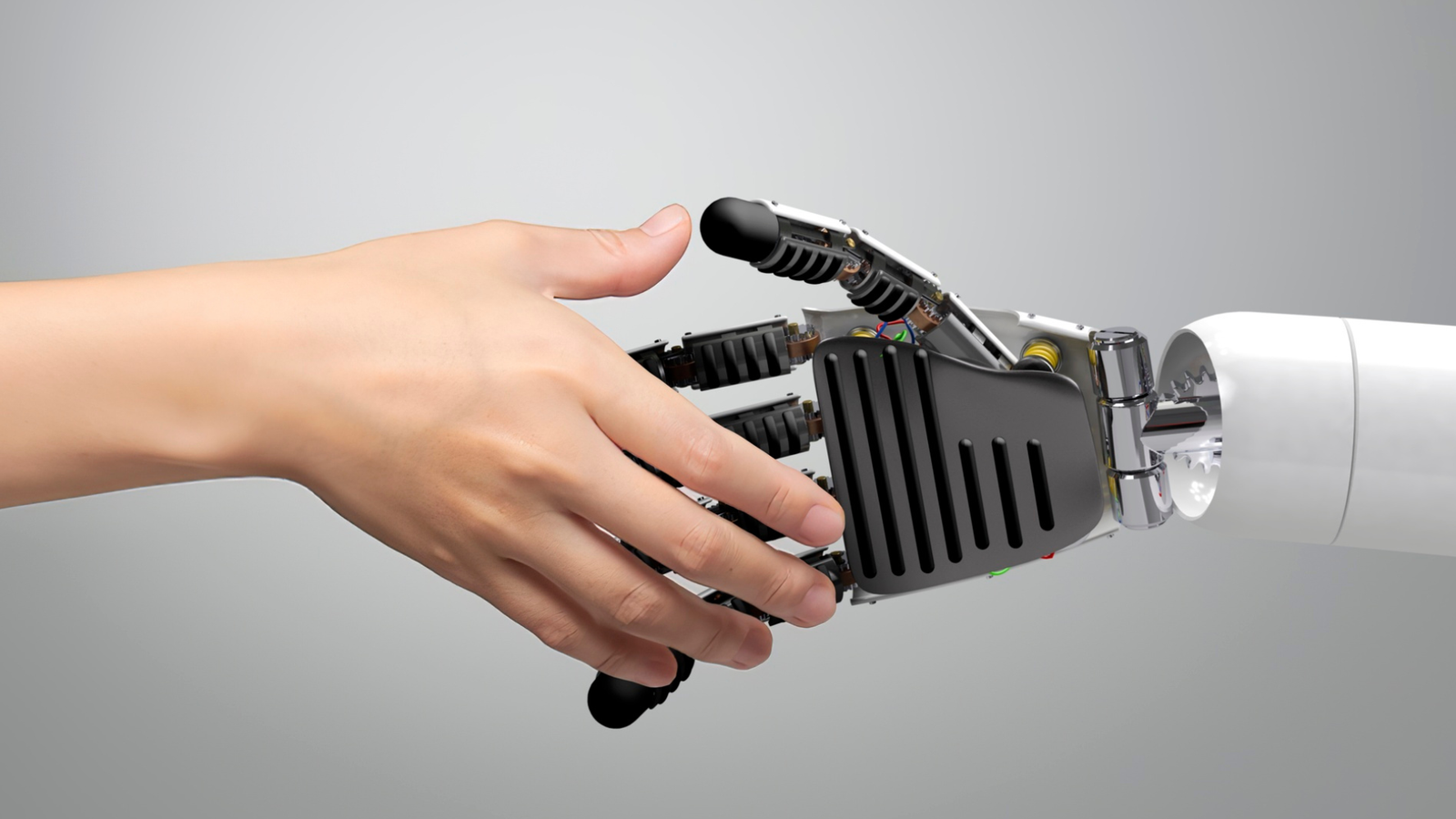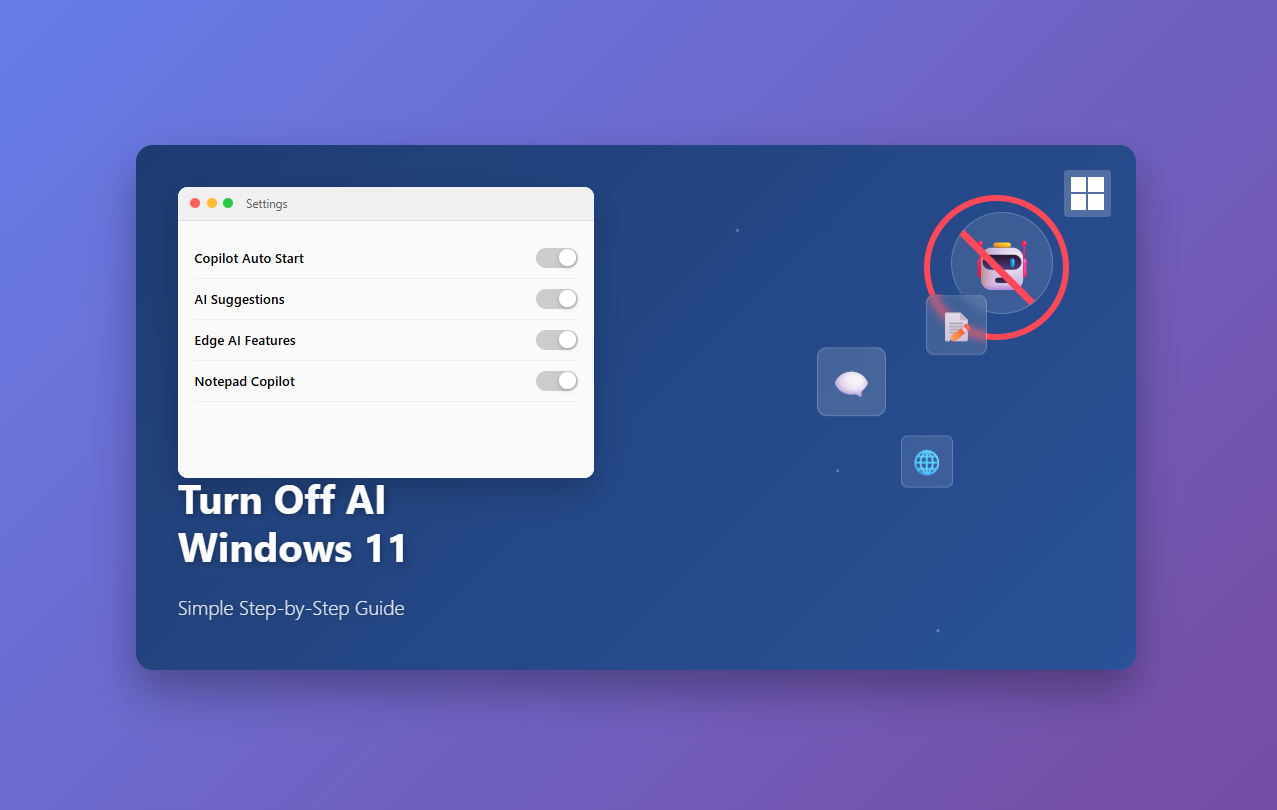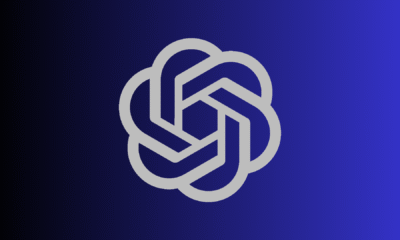AI News
Google introduced AI tools for mental health research
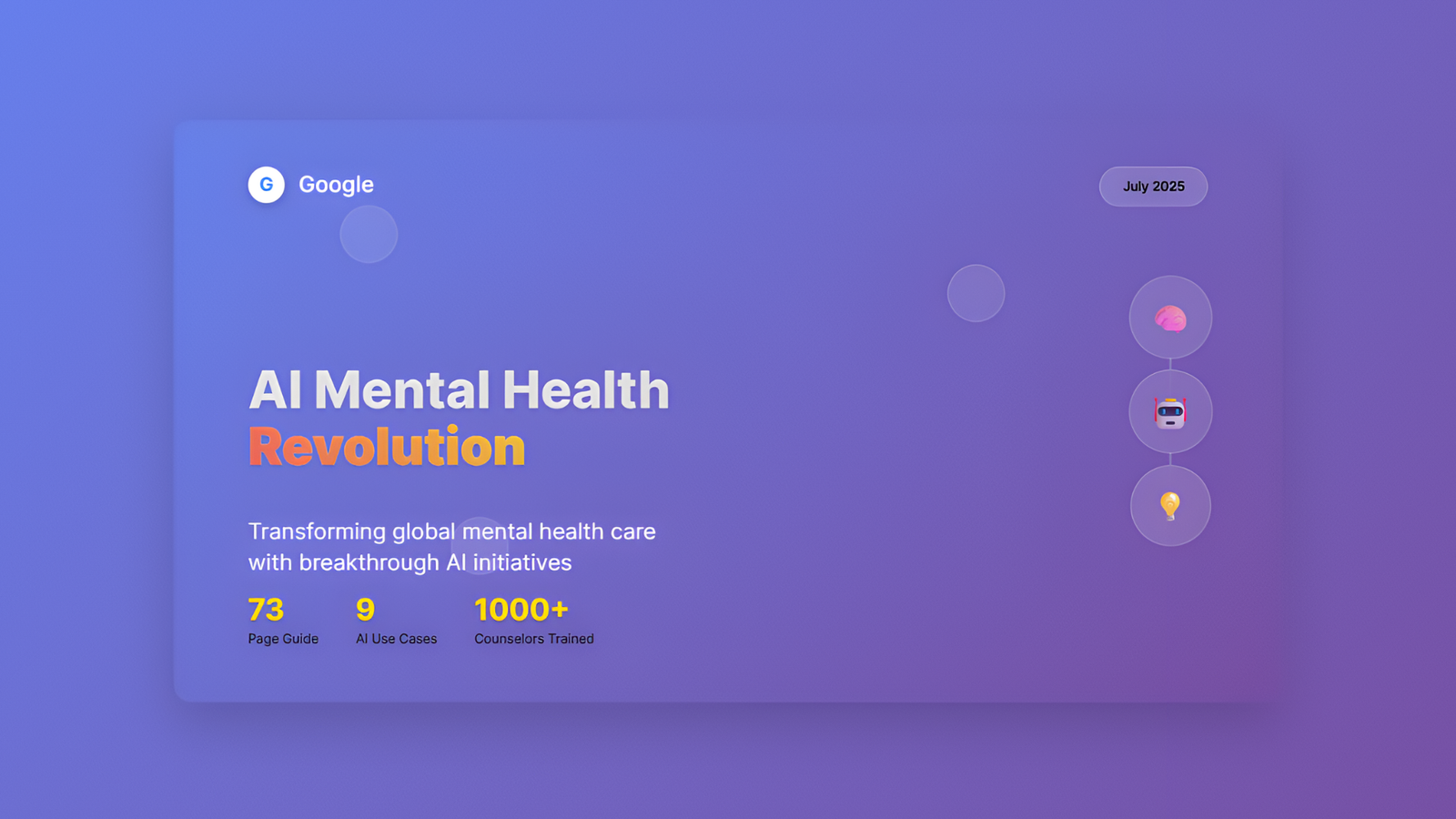
Mental health care has never been more critical, yet millions of people worldwide can’t access the help they desperately need. If you’ve ever struggled to find a therapist or waited months for an appointment, you’re not alone. The statistics are staggering – there simply aren’t enough mental health professionals to meet global demand. But what if artificial intelligence could change everything?
Google just dropped some groundbreaking news that could revolutionize how we approach mental health care. On July 7th, 2025, they unveiled two game-changing initiatives that promise to make quality mental health support accessible to everyone, everywhere. This isn’t just another tech announcement – it’s potentially the biggest shift in mental health care delivery we’ve seen in decades.
The first initiative involves a comprehensive field guide developed in partnership with Grand Challenges Canada and McKinsey Health Institute. According to the announcement from Dr. Megan Jones Bell, Clinical Director for Consumer and Mental Health at Google, “This guide offers foundational concepts, use cases and considerations for using AI responsibly in mental health treatment, including for enhancing clinician training, personalizing support, streamlining workflows and improving data collection.”
The Global Mental Health Crisis We Can’t Ignore
Before diving into Google’s solutions, let’s talk about the elephant in the room. The world is facing a mental health crisis of unprecedented proportions. Think about your own community – how easy is it to find a therapist? How long are the waiting lists? Now imagine living in a developing country where mental health resources are even scarcer.
The numbers paint a grim picture. Millions of people suffering from anxiety, depression, and other mental health conditions go untreated simply because there aren’t enough qualified professionals to help them. This gap is particularly devastating in low- and middle-income countries, where the shortage of mental health providers creates a perfect storm of suffering.
But here’s where it gets interesting – and hopeful. Google’s new approach isn’t just about throwing more technology at the problem. It’s about fundamentally reimagining how we deliver mental health care using smart, responsible AI solutions.
Breaking Down Google’s Two-Pronged Approach
Google’s announcement centers around two interconnected initiatives that work together like puzzle pieces. The first is a comprehensive field guide created in partnership with some heavy hitters in the health world – Grand Challenges Canada and McKinsey Health Institute. The second is a multi-year research investment developed with Google DeepMind and Wellcome Trust.
Think of these initiatives as both immediate relief and long-term solution. The field guide tackles today’s problems with practical AI tools, while the research investment focuses on tomorrow’s breakthroughs in treating anxiety, depression, and psychosis.
Dr. Megan Jones Bell, Google’s Clinical Director for Consumer and Mental Health, explains that this field guide provides “foundational concepts, use cases and considerations for using AI responsibly in mental health treatment.” But what does that actually mean for real people seeking help?
The Game-Changing Field Guide: AI Tools That Actually Work
This isn’t some theoretical academic paper gathering dust on a shelf. Google’s 73-page field guide is a practical roadmap packed with nine specific AI applications that mental health organizations can implement right now. These tools address real problems that have plagued mental health care for years.
Instead of waiting weeks to be matched with a therapist, an AI system could instantly connect you with the right provider based on your specific needs, location, and preferences. Or imagine mental health workers receiving real-time guidance during sessions, helping them provide better care even when they’re still learning.
The guide outlines fascinating applications like applicant screening tools that help organizations identify the best candidates for mental health training programs. There are adaptive training interfaces that personalize learning experiences for each trainee, and real-time guidance companions that support providers during actual client interactions.
Task-Sharing: The Revolutionary Model Making Mental Health Care Accessible
Here’s where things get really interesting. Google’s approach centers around something called “task-sharing models.” This concept might sound technical, but it’s actually beautifully simple and potentially transformative.
Traditional mental health care relies on highly trained specialists – psychiatrists, psychologists, and licensed therapists. While these professionals are incredibly skilled, there simply aren’t enough of them to meet global demand. Task-sharing flips this model on its head.
Instead of requiring everyone to see a specialist, task-sharing trains non-mental health professionals to deliver evidence-based mental health services. Think of it like training a larger army of helpers who can provide quality care under proper supervision and support.
The magic happens when you combine task-sharing with AI. Artificial intelligence can standardize training, reduce administrative burdens, and maintain quality while scaling these programs to reach millions more people. As the field guide explains, “By standardizing training and avoiding the need for a human to be involved at every phase of the process, AI can help mental health task-sharing programs effectively scale evidence-based interventions throughout communities.”
Real-World Success Stories That Prove It Works
This isn’t just theoretical – organizations are already seeing remarkable results. The Trevor Project, known for their crisis intervention work, used AI-powered training to prepare more than 1,000 crisis counselors in just one year. That’s unprecedented speed and scale in mental health training.
Partnership to End Addiction took a different approach, embedding AI simulations into their peer coach training programs. The results? Dramatically improved training efficiency and higher quality conversations between coaches and clients. These aren’t small pilot programs – they’re full-scale implementations making real differences in people’s lives.
The Research Revolution: Developing Tomorrow’s Treatments
While the field guide addresses immediate needs, Google’s second initiative looks toward the future. This multi-year research investment, developed in partnership with Google DeepMind and Wellcome Trust, aims to revolutionize how we understand and treat mental health conditions.
The research focuses on developing more precise, objective, and personalized measurement methods for anxiety, depression, and psychosis. Current diagnostic methods often rely on subjective assessments and generalized treatments. This new approach could lead to truly personalized mental health care.
Even more exciting, the research partnership explores new therapeutic interventions, potentially including novel medications. This represents a massive expansion beyond current AI applications into fundamental research for mental health treatment development.
Navigating the Challenges: What Organizations Need to Know
Of course, implementing AI in mental health care isn’t without challenges. The field guide honestly acknowledges that “the application of AI in task-sharing models is new and only a few pilots have been conducted.” Many proposed use cases still need real-world validation across different cultures and healthcare systems.
Organizations considering these AI tools face several important considerations. Technical infrastructure requirements can be complex, involving decisions about cloud versus edge computing, data privacy compliance, and integration with existing healthcare systems. The guide recommends starting with pilot programs and establishing governance committees before full-scale implementation.
There are also financial considerations. Data preparation costs can range from $10,000 to $90,000, with ongoing maintenance expenses running 10 to 30 percent of initial development costs annually. However, these investments must be weighed against the potential to reach thousands more people with quality mental health support.
Regulatory Landscape: Ensuring Safe and Effective Implementation
The healthcare industry is heavily regulated for good reason – people’s lives and wellbeing are at stake. Google’s initiatives acknowledge this reality by emphasizing regulatory compliance throughout the field guide.
Several proposed AI use cases, including triage facilitators and provider-client matching systems, could face classification as medical devices requiring regulatory oversight from authorities like the FDA or EU Medical Device Regulation. This isn’t a roadblock – it’s a necessary step to ensure these tools are safe and effective.
The guide emphasizes following World Health Organization principles for responsible AI in healthcare. These principles focus on protecting autonomy, promoting human well-being, ensuring transparency, fostering responsibility and accountability, ensuring inclusiveness, and promoting responsive and sustainable development.
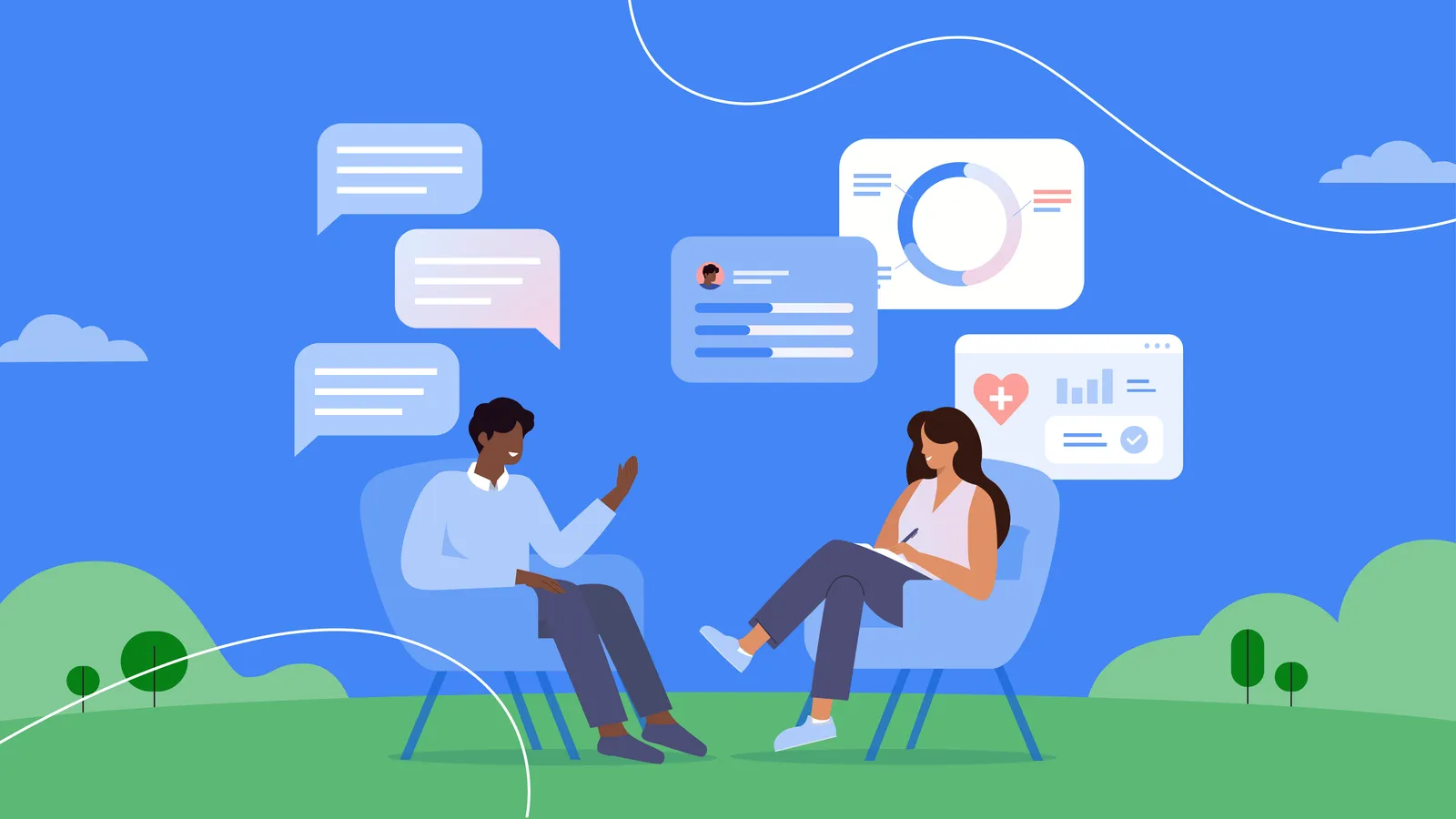
Image- Google
The Economic Impact: Beyond Healthcare to Global Prosperity
Here’s something that might surprise you – improving mental health care isn’t just about helping individuals feel better. It’s about creating massive economic benefits that ripple through entire societies.
Analysis from the McKinsey Health Institute suggests that closing the mental health treatment gap could result in more years of life for people around the world, as well as significant economic gains. When people receive proper mental health care, they’re more productive, miss fewer work days, and contribute more to their communities.
Research consistently shows that mental health task-sharing programs are cost-effective and can increase the number of people treated while reducing mental health symptoms, particularly in low-resource settings. This creates a positive feedback loop where better mental health leads to stronger economies, which can then invest more in healthcare.
Looking Ahead: The Future of AI-Powered Mental Health Care
Google’s initiatives represent just the beginning of what’s possible when we combine artificial intelligence with mental health care. The potential applications seem limitless – from AI-powered therapy sessions to predictive models that identify mental health risks before they become crises.
However, success depends on thoughtful implementation. The field guide warns that effective AI adoption requires comprehensive planning across technical, ethical, governance, and sustainability dimensions. Organizations must establish clear policies for responsible AI use, conduct thorough risk assessments, and maintain human oversight throughout implementation.
The human element remains crucial. AI tools are designed to augment and support human providers, not replace them. The most successful implementations will be those that enhance human capabilities while maintaining the empathy, understanding, and personal connection that make mental health care effective.
A New Era of Hope and Accessibility
Google’s mental health AI initiatives offer something we haven’t seen in years – genuine hope for solving one of humanity’s most pressing challenges. By making quality mental health care more accessible, affordable, and effective, these tools could transform millions of lives.
The beauty of this approach lies in its practicality. Rather than waiting for perfect solutions, Google is providing tools that organizations can implement today while simultaneously investing in research for tomorrow’s breakthroughs.
For anyone who has struggled to access mental health care, watched loved ones suffer without proper support, or worked in mental health organizations overwhelmed by demand, these developments offer a glimpse of a better future. A future where geography, income, and provider shortages no longer determine who gets help and who doesn’t.
The journey toward universal mental health care access won’t be easy, but with initiatives like Google’s leading the way, that future feels closer than ever before. And that’s something worth celebrating – and supporting.
AI News
YouTube rolls out new AI-powered tools for Shorts creators
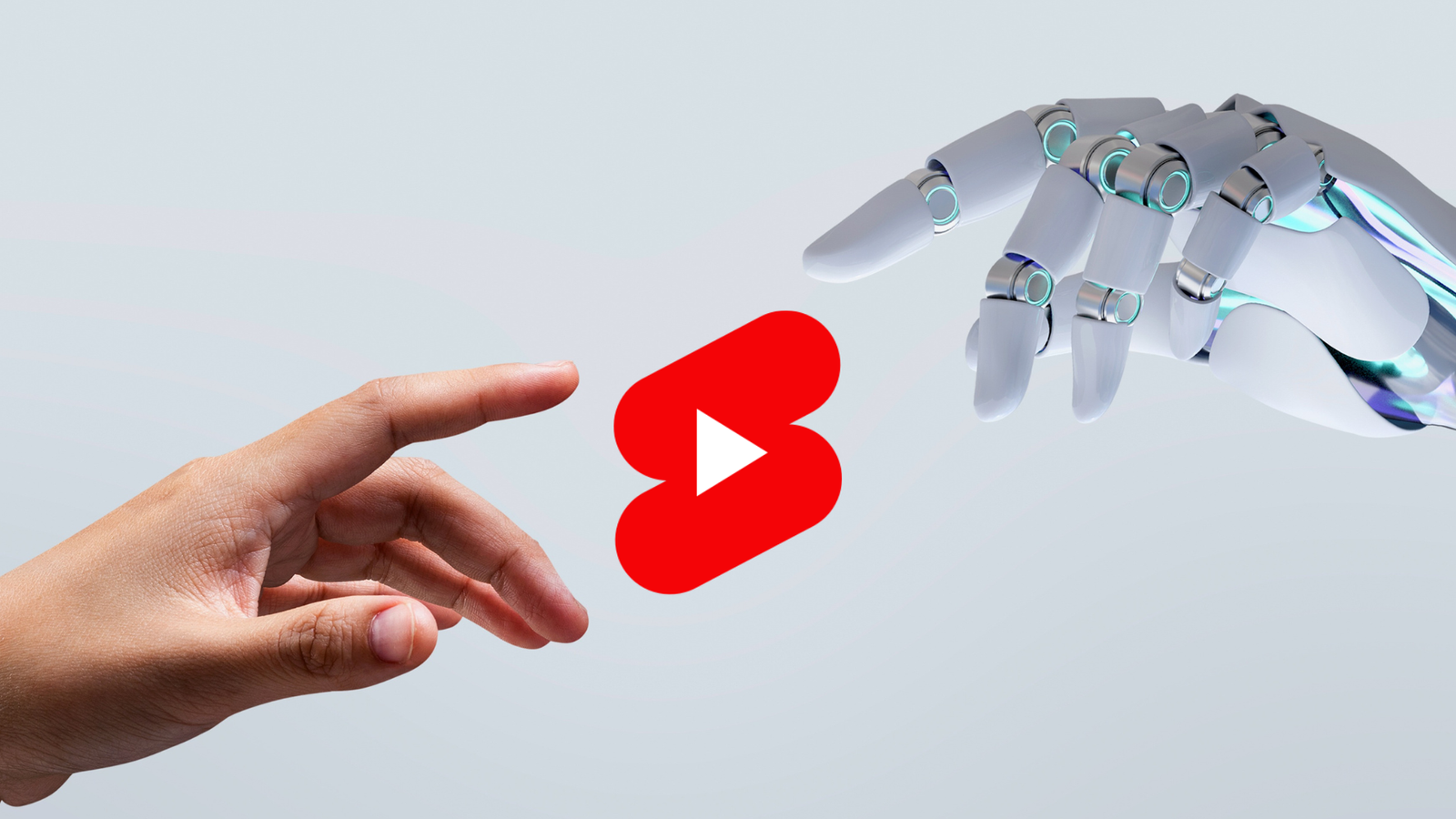
YouTube has officially announced the new AI-driven creation tools for generating the unique and best Shorts, according to a recent blog post by the platform.
The new features include a Photo to video converter, generative effects, and access to an AI playground for experimenting with creative outputs.
Photo to video tool
The Photo to video tool allows users to transform still images from their camera roll into animated Shorts. Users can select a photo and apply creative suggestions that add motion, such as animating landscapes, objects or group pictures.
This feature is being rolled out across the United States, Canada, Australia and New Zealand, with more regions expected to follow later in the year. For your information, it is available for free.
Both the Photo to video and generative effects are powered by Google’s Veo 2 technology. YouTube said Veo 3 would be integrated into Shorts later this summer.
The feature is currently available in the US, Canada, Australia and New Zealand and can be accessed by tapping the create button, followed by the sparkle icon.
YouTube noted that AI-generated content will include SynthID watermarks and clear labels to indicate that it was created using artificial intelligence.
According to the blog post, the new tools are designed to make the creative process more accessible, while preserving transparency about AI use in content creation.
AI News
Google Expands Firebase Studio with AI Tools for Popular Frameworks
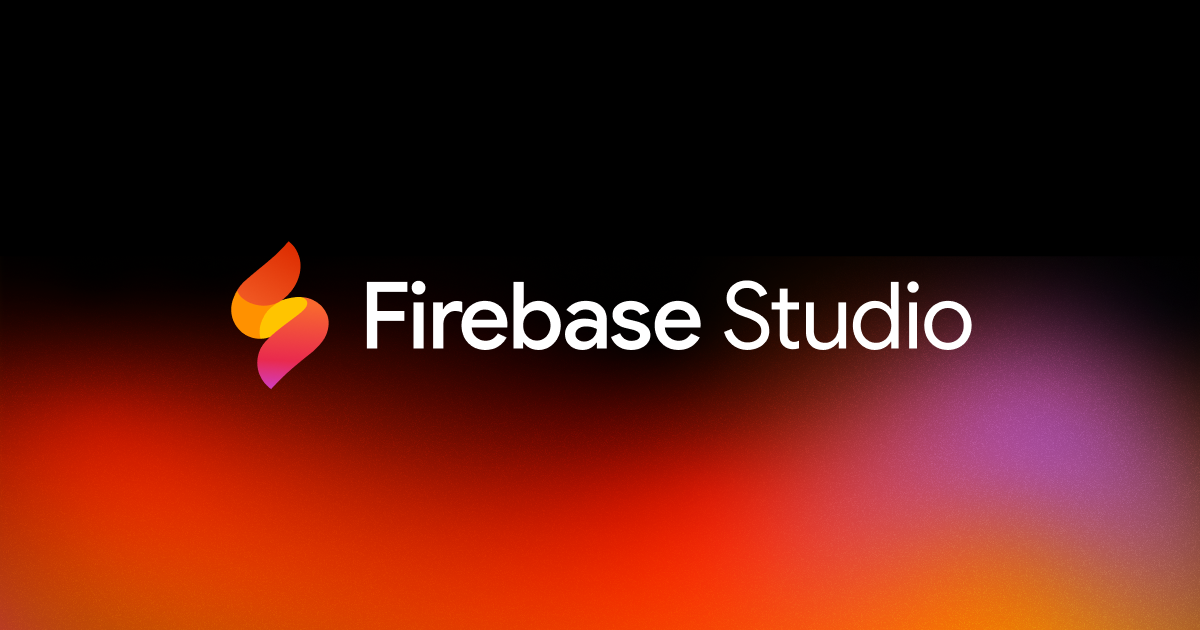
Google has officially released a series of updates to Firebase Studio aimed at expanding its AI development capabilities and deepening integration with popular frameworks and Firebase services.
For your information, the released features were unveiled at I/O Connect India.
At the core of the update are AI-optimised templates for Flutter, Angular, React, Next.js, and general Web projects. These templates enable developers to build applications in Firebase Studio using Gemini, Google’s AI assistant, with the workspace defaulting to an autonomous Agent mode.
“We’re unveiling new updates that help you combine the power of Gemini with these new features to go from idea to app using some of your favourite frameworks and languages,” said Vikas Anand, director of product management at Google.
Firebase Studio now supports direct prompting of Gemini to integrate backend services. Developers using App Prototyping Agent or an AI-optimised template can simply describe the desired functionality, and Gemini will recommend and incorporate relevant Firebase services, including adding libraries, modifying code, and assisting with configuration.
“You can get assistance from Gemini to help you plan and execute tasks independently without waiting for step-by-step approval,” said Jeanine Banks, vice president and general manager, Developer X at Google.
AI News
Nvidia, AMD to Resume AI Chip Sales to China in US Reversal

Nvidia reportedly plans to resume sales to China that’s become part of a global race pitting the world’s biggest economies against each other. The company’s announcement on Monday comes after Nvidia CEO Jensen Huang met with President Donald Trump at the White House last week.
AMD AI Chip Plan For China
AMD also planning to restart sales of its AI chips to China. “We were recently informed by the Department of Commerce that license applications to export MI308 products to China will be moving forward for review,” the company said in a statement to CNN. “We plan to resume shipments as licenses are approved. We applaud the progress made by the Trump Administration in advancing trade negotiations and its commitment to US AI leadership.”
Treasury Secretary Scott Bessent told Bloomberg in an interview Tuesday that the Nvidia export controls have been a “negotiating chip” in the larger US-China trade talks, in which the two countries have made a deal to lower tariffs charged on one another.

The same day Commerce Secretary Howard Lutnick said that the resumption of Nvidia’s AI chip sales to China was part of the trade agreement with Beijing on rare earths. “We put that in the trade deal with the magnets,” he told Reuters, referring to rare earth magnets.
“In order for America to be the world leader, just like we want the world to be built on the American dollar, using the American dollar as a global standard, we want the American tech stack to be the global standard,” Huang told CNN’s Fareed Zakaria in an interview that aired Sunday. “We love that the internet is created by American technology and is built on American technology, and so we should continue to aspire to that.”

 AI News7 months ago
AI News7 months agoTurn Photos into Videos Using Google Gemini AI

 AI News7 months ago
AI News7 months agoGoogle Expands Firebase Studio with AI Tools for Popular Frameworks

 AI News7 months ago
AI News7 months agoApple New AI Model Can Detect Pregnancy With 92 percent

 AI News7 months ago
AI News7 months agoGoogle hires Windsurf execs in $2.4 billion deal

 AI Tutorial7 months ago
AI Tutorial7 months agoHow to Turn Off Microsoft AI Features

 AI News7 months ago
AI News7 months agoOpenAI has now restored the services after outage

 AI News7 months ago
AI News7 months agoYouTube rolls out new AI-powered tools for Shorts creators

 AI Tools7 months ago
AI Tools7 months agoIs This Simple Note-Taking App the Future of AI?



